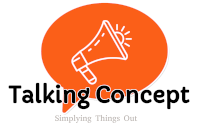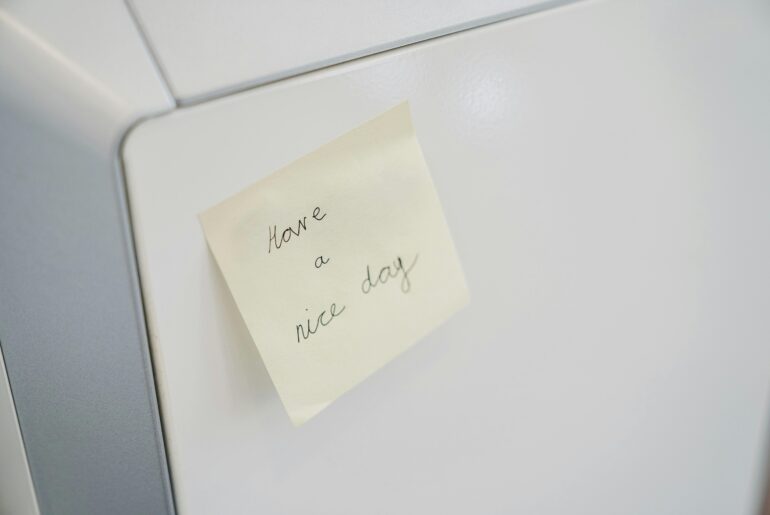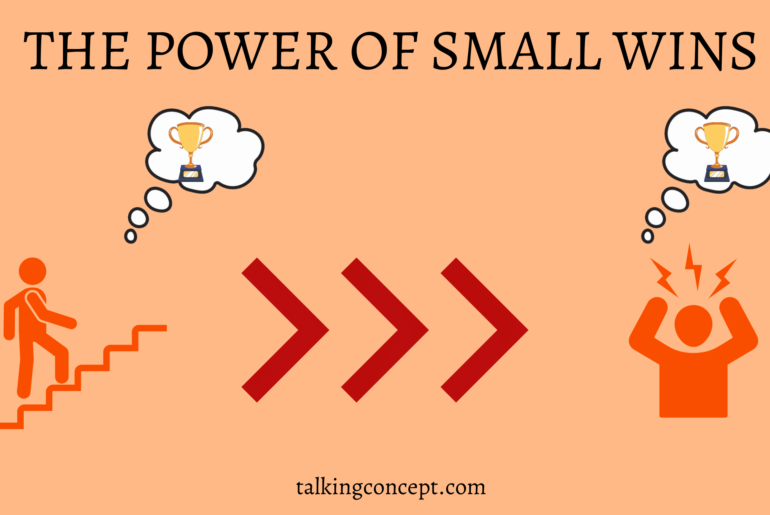Recently, I developed a consistent urge to check for different tourist spots all over the world. The reasons are many and understandable. Maybe because of COVID 19′ everyone is so fed up with being at home, that having this urge can be described as natural. But the one thing that bothered me more was that I was too overwhelmed and watched others’ vacation photos on different social media platforms, wondering if they can, then why can’t I?
That’s when I thought about my relationship with my phone. In more appropriate words, I should say the relationship between a human and smartphones or other technologies. I was wondering about the time when we were not too dependent on technology. At least then, I would not have been this much affected by those unhealthy emotions of FOMO (Fear of Missing Out), envy, burnout, exhaustion, or comparison.
The Noisy Digital World
We live in a world where we start our day with a screen and end it too on a screen. Living in this digital age has no doubt driven us crazy! There is something crazy about them that our eyes are glued to screens. This has also given us many reasons to get distracted, procrastinate, and daydream. Not only this, social media is sufficient to frustrate you by manipulating your moods. The constant exposure to your friends’ carefully curated and perfect portrayals of their lives generates feelings of inadequacies, especially during times when you are already feeling low.
The irony is that since I am writing this article on my laptop so I should not complain about the use of technology or the growing digital world. I am definitely not against it as I know how important it has become in today’s world. Online classes are important, for me writing this blog is important, promoting your business online is important, keeping a healthy connection with your friends and family is important, searching how to do anything online from cooking to building a business is important; what’s not important is your urge to jump from one site to another only to fall in the comparison trap after looking at other’s virtual life. What’s not important is the unnecessary clutter that has been accumulating in your mind because of such sites.

Let’s take the example of Facebook. You joined Facebook to stay in touch with friends even when they are a distance apart but now you end up being unable to maintain an uninterrupted conversation with your friend who is sitting just across the table, because now also you are more attracted to your screens, while browsing your Instagram posts. What’s the meaning of this connection with a 24*7 distraction?
Simplifying your digital life
How can you expect to be mindful and free when you have so many meeting reminders, Instagram posts, hundreds of tweets, cluttered mail-box, and other notification alerts swirling around in your brain? We have become more prone to stress rather than comfort because of our easy reach to the internet.
The reasons described above show how difficult it has become for living mindfully, in today’s world. But this is not a problem with zero solutions. What we need to do is simplify our digital life by restricting our online activities to live mindfully.
1. Be mindful of what you share.
If any teacher posts her picture while smoking, I’m sure you can guess what will happen to her job when the school or college finds out. Smoking then will not only be injurious to her health but to her professional image too.
A company can decide not to hire you for the comments that you may have posted.
Hence, it becomes essential to be aware of what are you sharing online. Moreover, why share such things that can make you a favorite for the trolls going online at a rapid rate. Those comments can come and haunt you, deteriorating your personal or professional brand.
2. Seek Knowledge.
The web is over-utilized when it comes to wasting time but under-utilized when it comes to seeking knowledge. You can learn many courses or skills online, can find how to make any dish from any cuisine, and also a large number of research papers or other learning resources of your interest. For living mindfully, there are many meditations or similar apps available now. The point is you need to have more sophisticated searches. Many interesting facts are buried about something or someone to explore but not at the cost of your precious time, which you should spend on more important things first.
3. Focus on one thing at a time.
If you are working on any important project, while jumping from one tab to another, along with texting your best friend, you are not doing any of these efficiently.
The quality and efficiency of your actions drastically improve by just focusing on one task at a time. It’s a beautiful and satisfying feeling to complete an action fully to the best of your abilities.
4. Keep your personal facts to yourself.
Do you think you really need to share everything online, for just following the trend?
Nobody actually cares what you are doing every second of a day, so why are you always bothered about it? If you already have a super-busy lifestyle with family, work, hobbies, and other day-to-day events, don’t digitize it further with meaningless and endless scrolling or just counting the number of likes on your new post.
5. Know when not to check your phones.
Your digital life should not take over your family. Spending some time with your loved ones can re-ignite the social interactions that have been diminishing because of technology. Make sure you know how to give them your quality time, instead of wasting it on digitalization every single time.
6. The content that you consume.
What you consume whether in form of food or in form of thoughts has a great impact on your physical as well as mental health. Make sure to consume the right content, rather than toxic ones.
Decluttering or unfollowing some pages or people on social sites will give you just the stuff that matters on your newsfeed. In this way, you can spend comparatively less time on the site. Go through your friends’ list or pages and start defriending/unfollowing. Recently I tried this and it worked on a positive note, making me feel much better and lighter.
7. Find something to be grateful for.
To overcome the overwhelming emotions that you spend on your social media, you need to concentrate more on the blessings of life. There are many of them only when you have an eye to watch and count your blessings. Not only this, having a grateful attitude should be your first step towards living mindfully.
Related post: How to be more grateful?
8. Take a pause and reflect.
Slow down. Relax. Take a pause from the hustle and bustle of your everyday life. Spend some “ME-TIME” to reflect on your thoughts, actions, beliefs, or habits. Be good, and do good by smiling more and helping more.
BOTTOM LINE
Research has proved that too much time on the internet is linked to an increased rate of depression, loneliness, and reduced hours of sleep. Suppose you don’t turn your phone, computer, or other screens off from time to time. In that case, your attention can be completely hijacked by these websites, incoming notifications, social media, entertaining videos or memes, and more.
How has this technology addiction and digital distractions affected you? And what steps do you take to cope with them for living mindfully? Let us know in the comments.
Discover more from talkingconcept.com
Subscribe to get the latest posts sent to your email.





1 Comment
Nice post 🙂